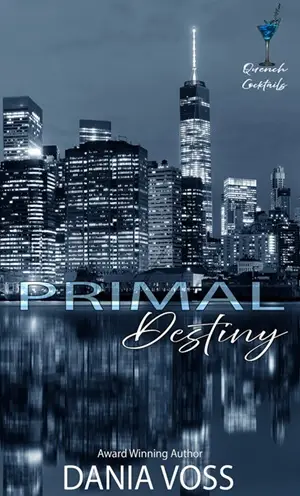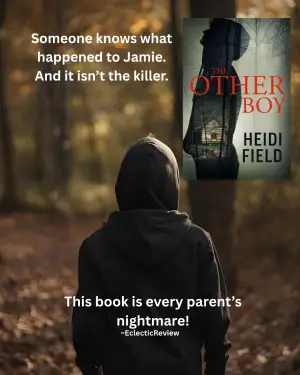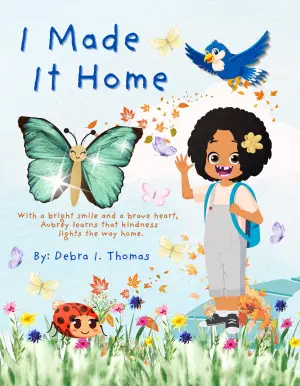Review of "One Second After" by William R. Forstchen
As a fan of post-apocalyptic thrillers, I was drawn to "One Second After" for its chilling premise. The idea of an electromagnetic pulse (EMP) weapon devastating America and plunging it into chaos resonates with me deeply. The book’s description had already piqued my interest, foretelling a somber tale about the struggle to retain humanity in a dangerous, dark age. I sensed this was going to be more than just a story; it was a serious examination of our vulnerabilities in a technologically dependent society.
The narrative centers around a small town in North Carolina following an EMP attack, showcasing a father’s desperate attempts to protect his family in a world abruptly cut off from the conveniences of modern life. Forstchen’s vivid portrayal of societal breakdown and the psychological toll it takes on his characters struck a chord with me. Some readers, like Kathi Jacobs, similarly felt that the book paints a terrifying yet plausible picture of what life could become post-EMP.
One of the highlights of this book is its character development. The characters are not just archetypes of survivalists; they are complex individuals with personal struggles and values that get tested in dire circumstances. This emotional depth allowed me to connect with them and made the stakes feel personal. Several reviewers, including Fredrick P. Wilson, noted that the emotional weight of the story can be overwhelming; in their words, it "made them cry multiple times." I can certainly attest to that—the anguish of loss and the frantic struggle for survival resonated through the pages.
Another positive aspect is the straightforward writing style that Forstchen employs. This approach enhances the immersive experience, making the reader feel as though they are living the events alongside the characters. The descriptions of the immediate chaos and the eventual gradual descent into desperation capture the reader’s attention effectively.
However, it’s worth acknowledging that not all elements of the narrative were flawless. Some parts felt a bit too optimistic for the grim scenario being painted. While striving for a glimmer of hope in hopeless situations is commendable, it risked diluting the harrowing realities that an EMP attack could entail. Discord among reviewers, including Subrata Datta, pointed out that as a thriller, "One Second After" lacks the pacing typically expected within the genre. I found some moments in the plot stall, slowing the momentum to a crawl, particularly when focusing on the logistics of everyday survival that can, admittedly, drag a bit.
Additionally, the reliance on certain ideological themes felt a tad heavy-handed at times. A few readers noted that while the author infuses philosophical musings into the storyline, it can feel a bit forced. This sentiment resonated with me—while I appreciate a book that makes you think, I sometimes found myself wishing the narrative focused more on the action rather than on getting bogged down in ideological discourse.
The official summary mentions that “One Second After” is "a dire warning of what might be our future and our end," and I wholeheartedly agree. The realism that permeates the narrative serves as a wake-up call about our fragile societal structures. It left me asking tough questions about personal preparedness and the reliability of our stable way of life.
In conclusion, "One Second After" is an engaging and thought-provoking read that has earned its place among the discussions surrounding national defense and civil preparedness. Its well-developed characters and realistic portrayal of crisis create a moving experience, even if some pacing issues and heavy-handed themes might detract from its overall impact.
With a solid rating of 4.5 stars, I recommend this novel to anyone keen on exploring dystopian futures, as it not only entertains but also challenges readers to reflect on the very nature of our civilization. This book has made a lasting impression on me; it’s both a thrilling ride and a sobering reminder of our vulnerabilities. If you enjoy narratives that inspire contemplation on modern vulnerabilities, then "One Second After" should be at the top of your reading list.
Discover the gripping tale of survival and resilience in One Second After. >>








